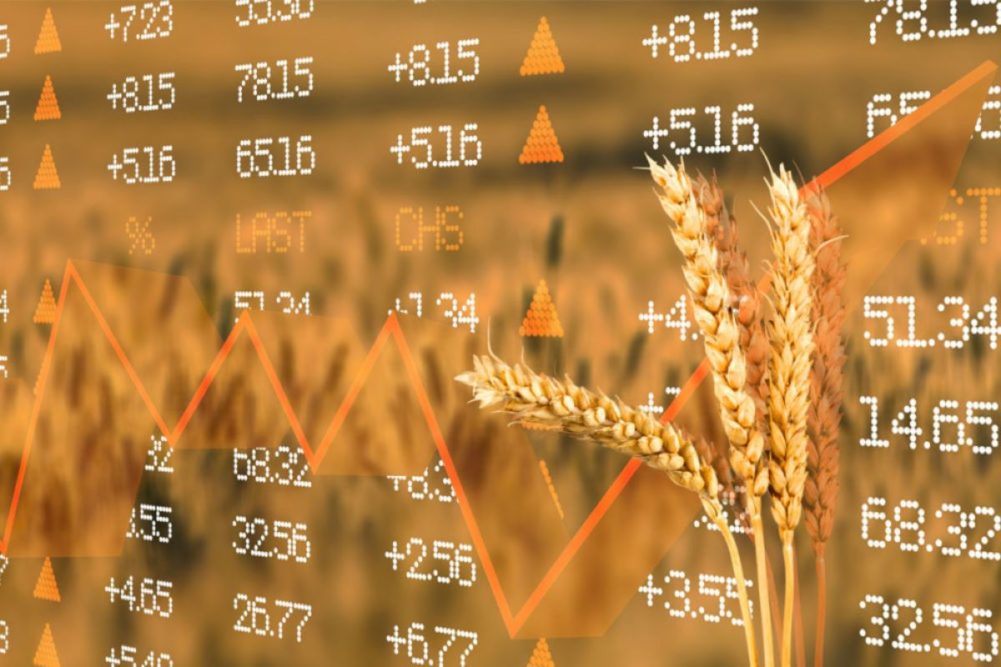NEW DELHI, INDIA — India’s flour mills are scrambling to secure enough wheat to operate at full capacity to meet strong demand amid tight supplies and record high prices for the grain, Reuters reported, citing industry sources.
In December, the government lowered the limit on wheat stocks that traders and millers can hold, an effort to boost the grain’s availability and moderate prices.
The curbs failed to bring down prices, which were trading around 33,000 rupees ($384.66) per tonne in New Delhi, up from 24,500 rupees in April and far above the government fixed minimum support price of 22,750 rupees for last season’s crop.
“Wheat supplies are limited in the market,” Ajay Goyal, managing director of Shivaji Roller Flour Mills, told Reuters. “Even after paying record prices, flour mills are unable to secure enough to operate at full capacity.”
The government initially imposed stock limits in June on wheat held by retailers, wholesalers, traders and processors till March 31, 2025, to prevent hoarding of wheat and discourage price speculation. Limits were lowered in September before December’s additional action.
Continued high prices despite the limits indicate private players have few supplies and the government will need to sell more wheat from its reserves to bulk consumers, another flour miller said.
Government-held wheat stocks on Oct. 1 were estimated at 23.8 million tonnes compared to 24 million tonnes at the same time in 2023, according to the Foreign Agricultural Service (FAS) of the US Department of Agriculture in its November report.
Ending stocks for 2024-25 were forecast to be 7.5 million tonnes by the FAS on likely higher offtake of government wheat under market intervention programs, if imports under lower duty are not permitted.
The FAS said wheat allocation for various food security programs is estimated at about 8 million to 9 million tonnes for the balance of marketing year (October 2024-March 2025), and an additional 7 million tonnes of wheat is estimated for sales to private millers under government market intervention program.





